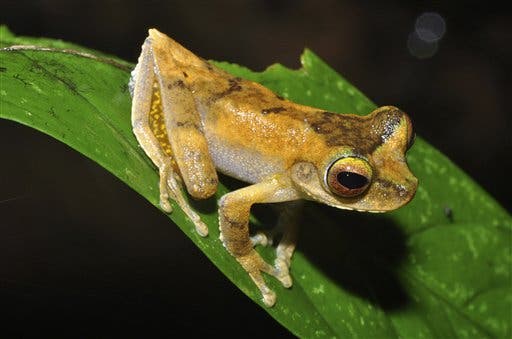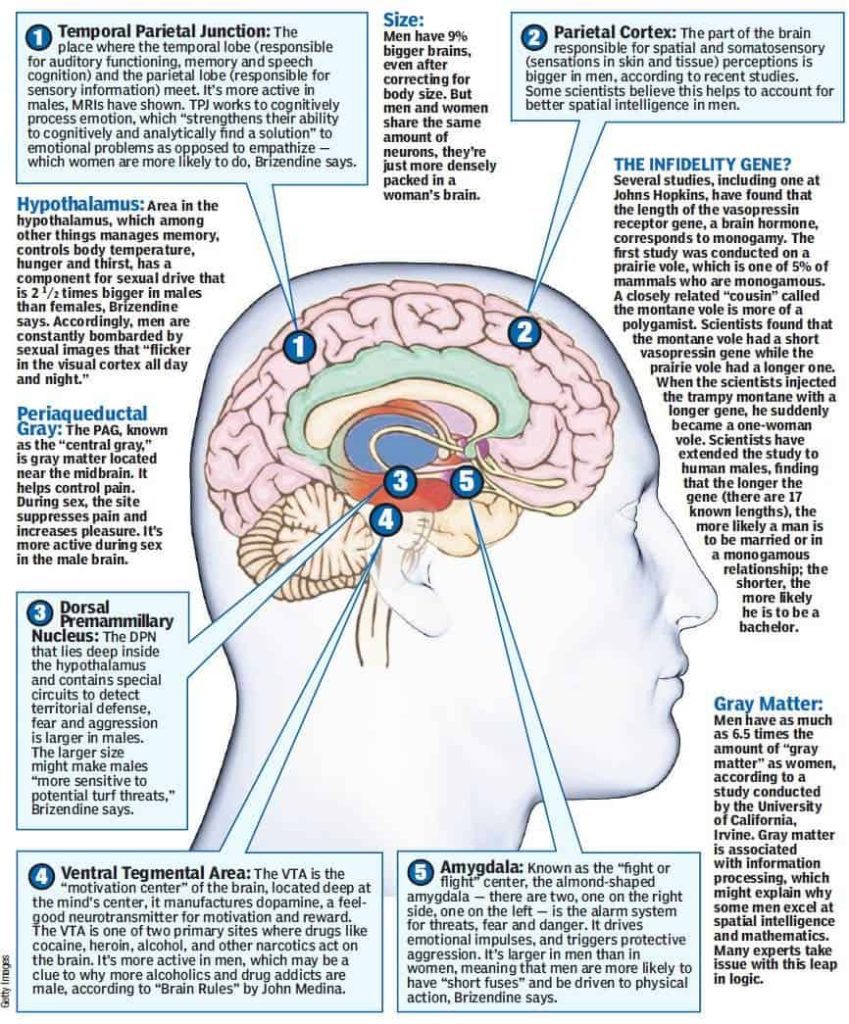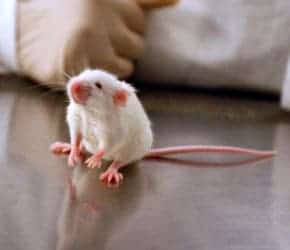Author: Tyrone Jones
A portable, collapsible greenhouse inspired in part by a crop-producing system at a South Pole research station could someday provide…
When early galaxies formed, there was a surprisingly high rate of new stars being formed, which was explained by major galactic collisions; however, recent evidence suggests that in fact the answer is much simpler, and not nearly as violent. Astronomers using the European Southern Observatory’s Very Large Telescope in Chile have observed three ancient galaxies […]
Pictured above is an exquisite Roman helmet and mask, dating from the late first to second century AD, was discovered in May 2010 by a treasure hunter who used a simple metal detector in Cumbria, a county in northwestern England. Of extraordinary taste, this art piece dubbed Crosby Garrett was sold for $3,6 million, eight […]
A new robotic exoskeleton based on a military design will help paraplegics walk once again on their own two legs….
It’s always nice when new species are discovered, and this time it was an expedition from Papua New Guinea that made the discovery. A frog no bigger than a peanut, a brilliant green katydid with bright pink eyes and a white tipped tail mouse are the stars of the over 200 newly discovered species. The […]
Of all places, the U.S. military has proven one of the fiercest proponents of renewable energy, and for totally practical…
No, the people in the photo are not sniffing the bra or… something. This is Emergency Bra, or Ebra, for short may very well be the thing that saves your life; literally. How does it work ? Well, it converts into a respiratory mask. Good thing about it is that since it has two cups, […]
I recently came across a very interesting piece in the NY Post which cites a study that shows that while it was well known that a difference in size between male and female brains exists, there is now evidence that there are significant differences in the size of certain structural parts of the brain, according […]
In case you don’t know, APOD is short for Astronomy Picture Of the Day. It’s home of some awesome astronomy pictures. Anyway, recently I came across this software that takes the latest APOD picture and sets is at your background, so you can see these great images each day, without lifting a finger. It also […]
Researchers at Emory University School of Medicine have conducted a study showing that the deletion of a particular gene makes mice smarter by unlocking a mysterious part of the brain, thought to be totally unflexible until now. When the gene, RGS14, is disabled, mice learn how to figure out mazes faster and more effective than […]
Keep updated
Get the latest creative news from FooBar about art, design and business.














